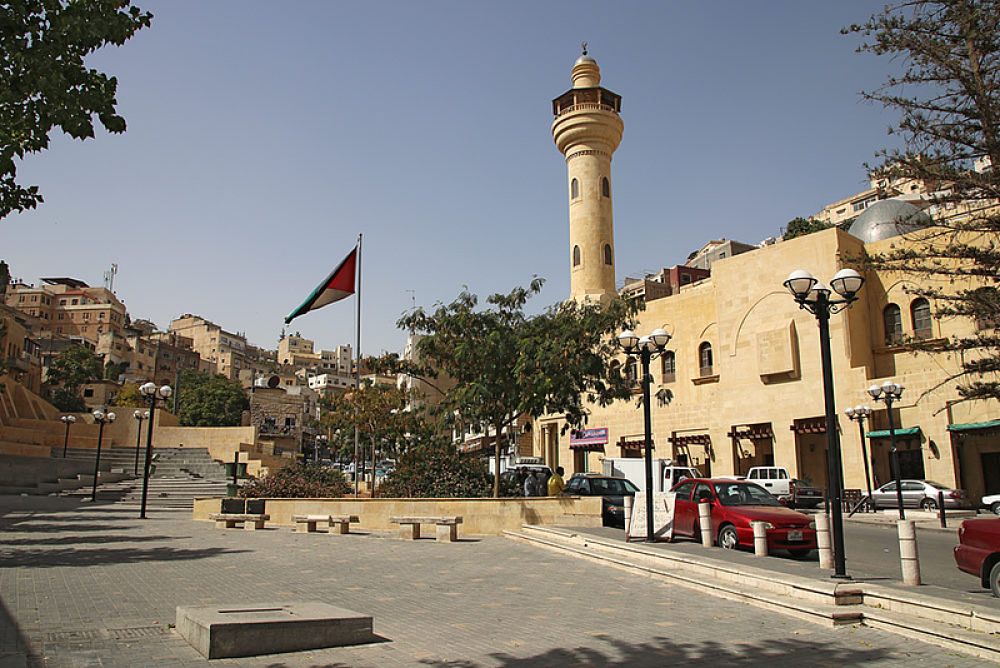

The city of Al Salt in Jordan has been a crossroads of civilizations for centuries. This has contributed to its rich cultural tapestry and diversity, which is reflected in sites like the Great Mosque of Salt. While tourism in Jordan has traditionally been centered around the ancient city of Petra, the stunning desert landscapes of Wadi Rum, and the buoyant waters of the Dead Sea, the historical significance and charm of Al Salt are now being recognized and appreciated by visitors from around the world.
The history of tourism in Al Salt is relatively brief compared to other Jordanian destinations. For many years, it remained an off-the-beaten-path location, with the majority of visitors flocking to better-known sites. However, Al Salt is beginning to capture the attention of international travelers seeking authentic cultural experiences beyond the 'golden triangle' of Petra, Wadi Rum, and the Dead Sea.
The Great Mosque of Salt stands as a testament to the city’s historical significance. Built on the ruins of a Byzantine church, it has been a place of worship for hundreds of years, showcasing layers of religious and architectural history. The mosque's beautiful Ottoman-style minaret and its harmonious integration with the city's fabric make it an essential destination for cultural enthusiasts and history buffs alike.
In recent years, tourism trends in Al Salt have been evolving, with an increase in community-based tourism initiatives aimed at preserving and showcasing the city's heritage. Visitors can now enjoy guided heritage walks through the old city, sample traditional Jordanian cuisine, and interact with the local community. This has not only enriched the visitor experience but has also fostered a sense of pride among the residents of Al Salt.
The uniqueness of Al Salt’s historical landscape was internationally recognized in 2021 when the city was inscribed on the UNESCO World Heritage List. This acknowledgment has put Al Salt more firmly on the tourism map and is expected to bring more visitors eager to explore its winding alleys, historical buildings, and the iconic Great Mosque of Salt.
With the increased attention post-UNESCO listing, Al Salt is poised for sustainable tourism growth. The Jordanian government and local authorities are investing in infrastructure and services to support this development while ensuring that the city's charm and historical integrity remain intact. Efforts to promote Al Salt include the integration of modern amenities for visitors while maintaining the traditional Jordanian hospitality that the country is known for.
In conclusion, the Great Mosque of Salt is more than just an architectural marvel; it's part of a broader tapestry that makes Al Salt a compelling destination for culturally rich and sustainable tourism. As Al Salt's profile continues to rise on the global stage, the Great Mosque stands as a proud symbol of the city's enduring heritage and its newfound status as a beacon for travelers seeking to unearth the lesser-known stories of Jordan.